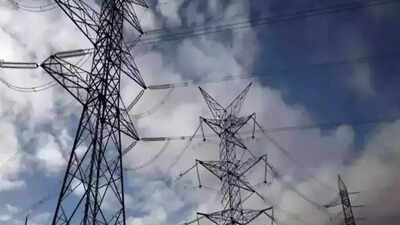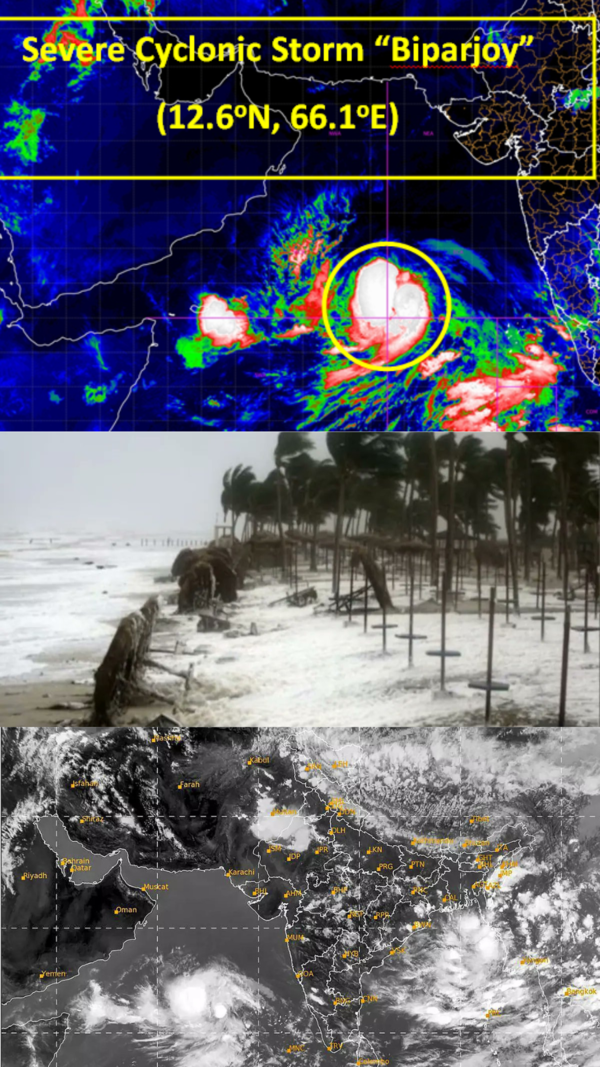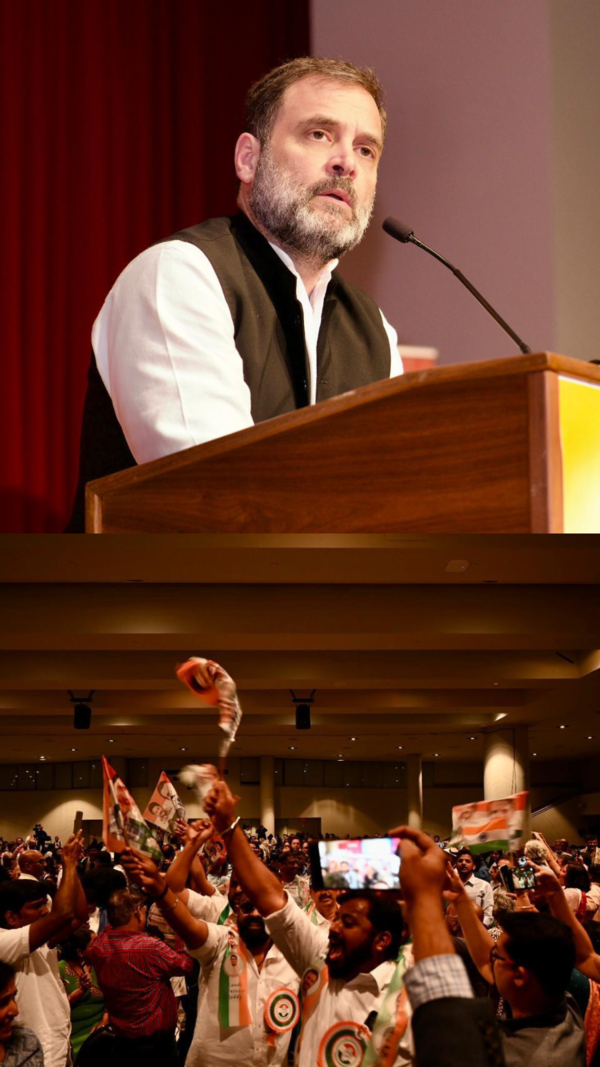- News
- City News
- bengaluru News
- You can protest tariff hike without disconnection risk
Trending
You can protest tariff hike without disconnection risk

A sharp increase in the monthly electricity bill for May across Karnataka has left lakhs of consumers agitated. While a few have refused to pay up, trade and industry associations have appealed to their members to pay only 70% of the latest bill, calling for an industry bandh.
BENGALURU: A sharp increase in the monthly electricity bill for May across Karnataka has left lakhs of consumers agitated. While a few have refused to pay up, trade and industry associations have appealed to their members to pay only 70% of the latest bill, calling for an industry bandh.
In either scenario, consumers face the threat of disconnection of power supply over non-payment of the bill.
However, not many are aware of the legal option under Electricity Act 2003 that provides consumers a right to protest without risking disconnection of power supply by paying only the least bill amount they would have got in the past six months. Energy experts have urged citizens to make use of this provision if they are planning to protest the latest tariff in a legal way.
Consumers must register protest in writing: Experts
What sec 56 of Electricity Act says
A consumer who hasn’t paid the bill has to be issued a 15-day written notice before power supply is disconnected. And this rider is added: Provided that the supply of electricity shall not be cut off if such person deposits, under protest, (a) an amount equal to the sum claimed from him; (b) the electricity charges due from him for each month calculated on the basis of average charge for electricity paid by him during the preceding six months; whichever is less, pending disposal of any dispute between him and the licensee.
In either scenario, consumers face the threat of disconnection of power supply over non-payment of the bill.
However, not many are aware of the legal option under Electricity Act 2003 that provides consumers a right to protest without risking disconnection of power supply by paying only the least bill amount they would have got in the past six months. Energy experts have urged citizens to make use of this provision if they are planning to protest the latest tariff in a legal way.
Consumers must register protest in writing: Experts
MG Prabhakar, a power-policy analyst and former chairperson of FK CCI energy committee, explained that section 56 of the Electricity Act discusses ‘disconnection of supply in default of payment’ and provides an opportunity for consumers to protest while enjoying a shield from power supply disconnection. The experts said that consumers should visit the sub-division office and register their protest in writing under this section.
What sec 56 of Electricity Act says
A consumer who hasn’t paid the bill has to be issued a 15-day written notice before power supply is disconnected. And this rider is added: Provided that the supply of electricity shall not be cut off if such person deposits, under protest, (a) an amount equal to the sum claimed from him; (b) the electricity charges due from him for each month calculated on the basis of average charge for electricity paid by him during the preceding six months; whichever is less, pending disposal of any dispute between him and the licensee.
Start a Conversation
FOLLOW US ON SOCIAL MEDIA
FacebookTwitterInstagramKOO APPYOUTUBE










